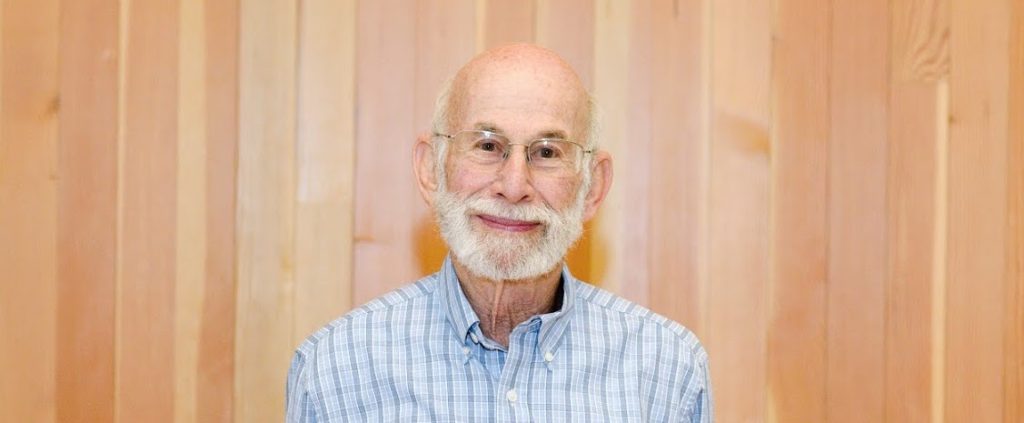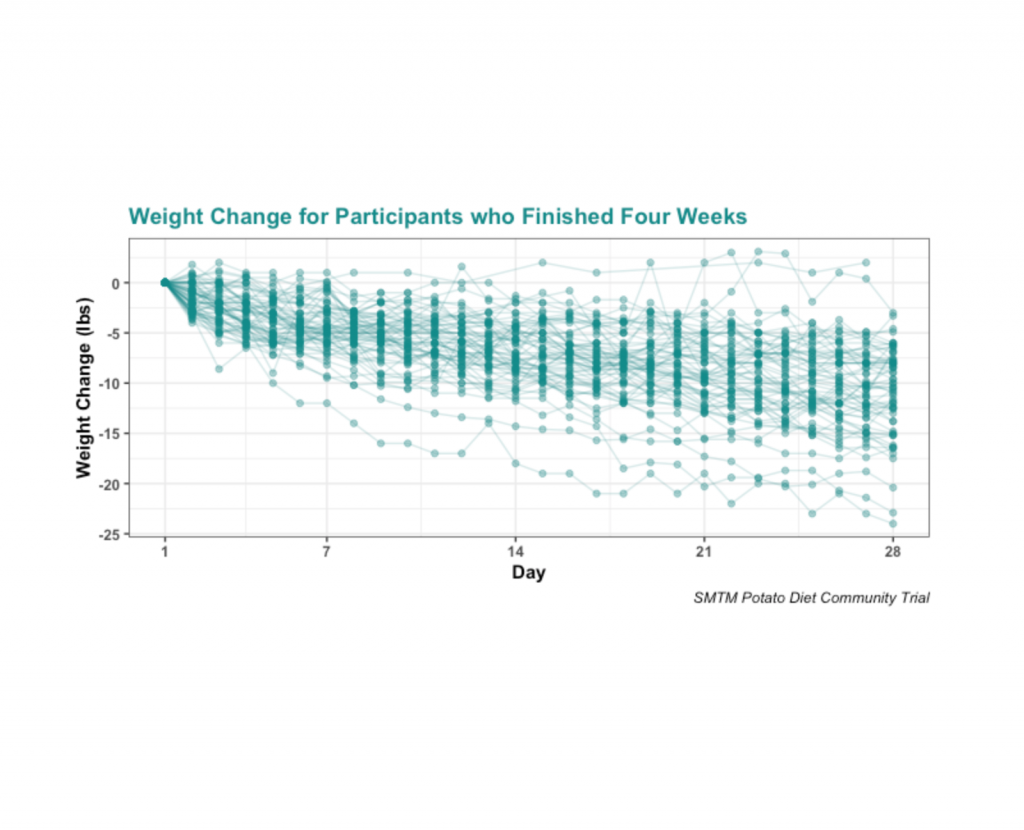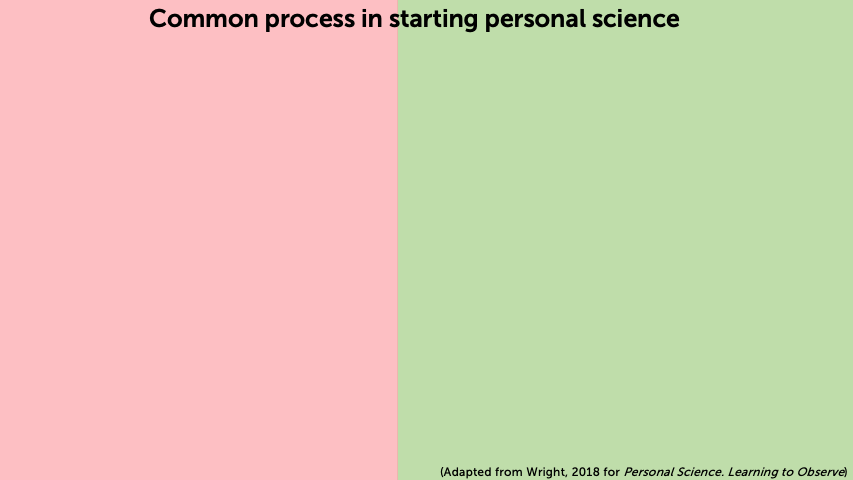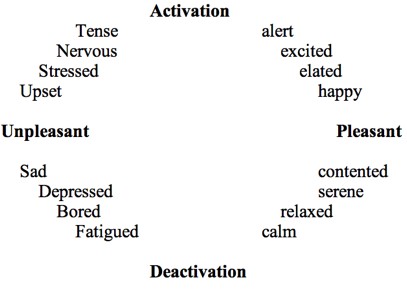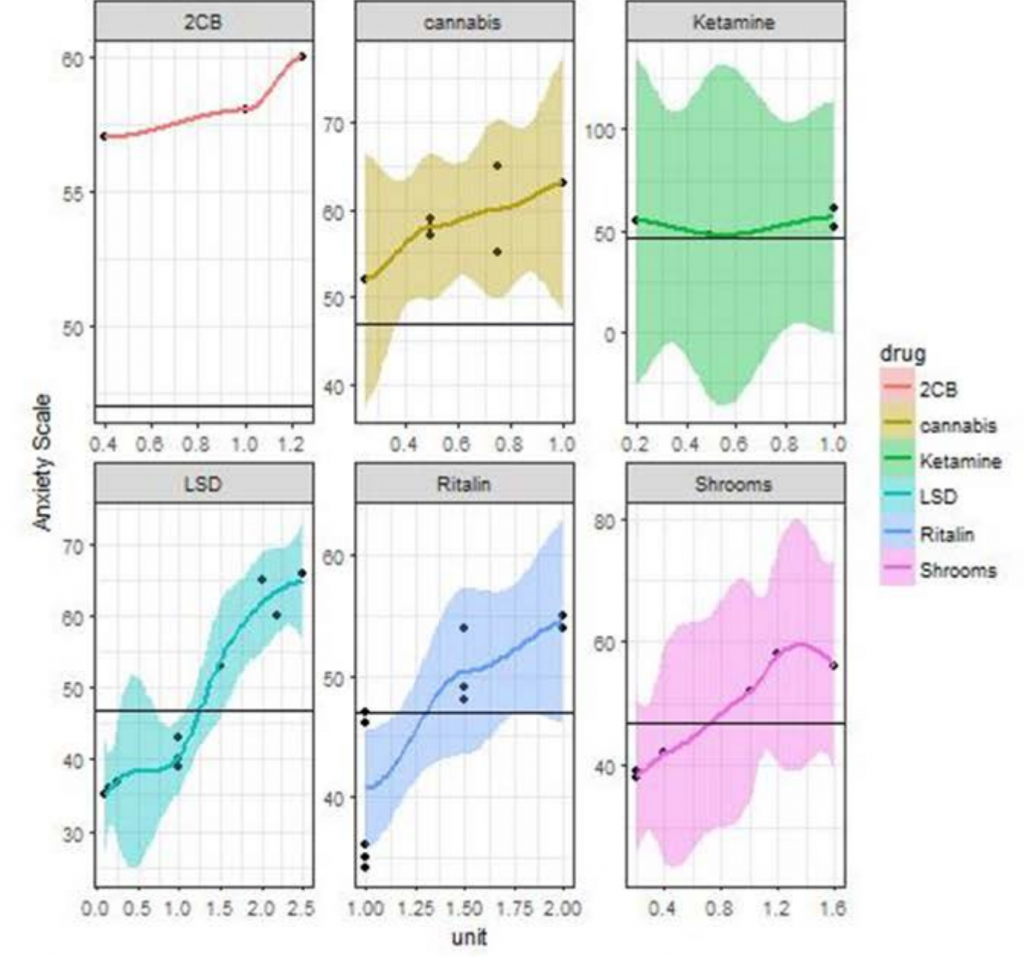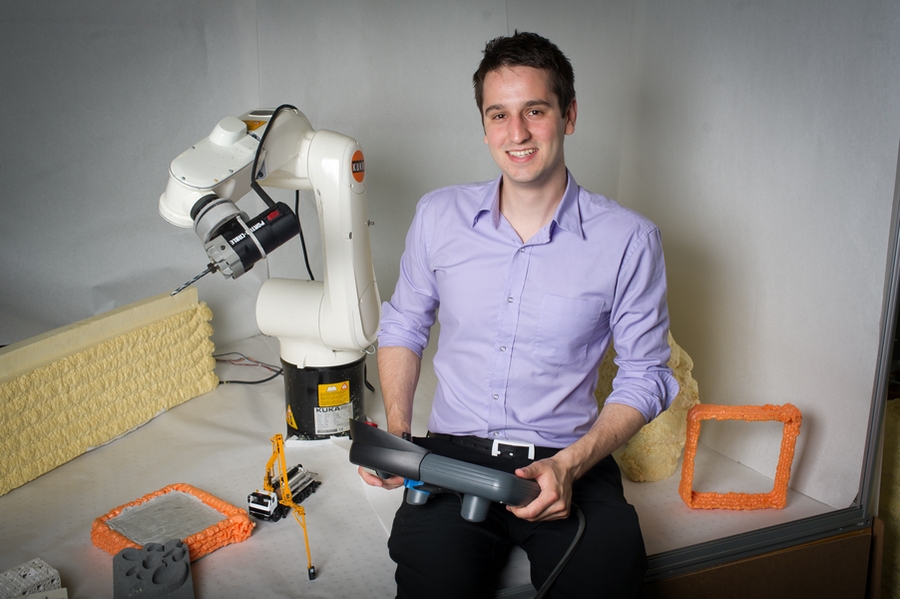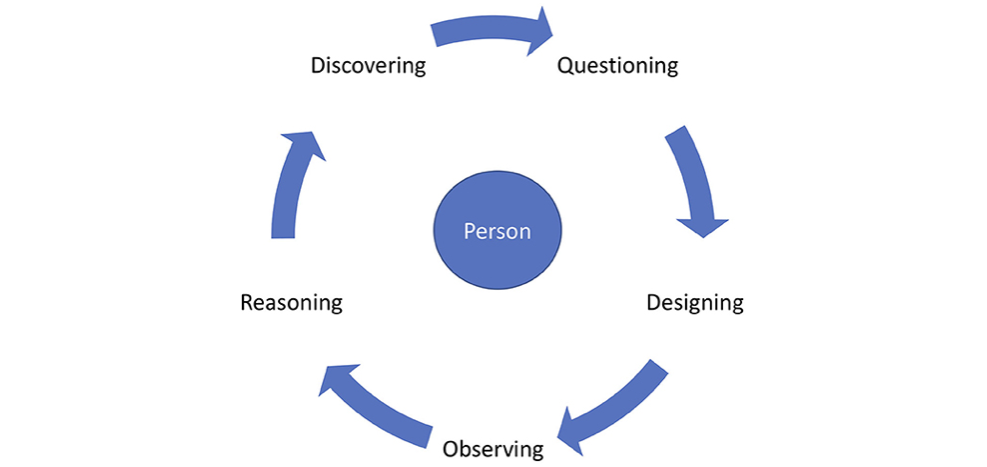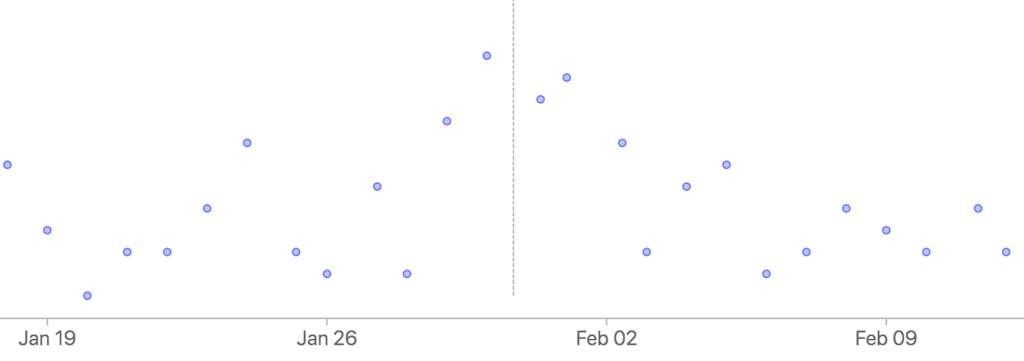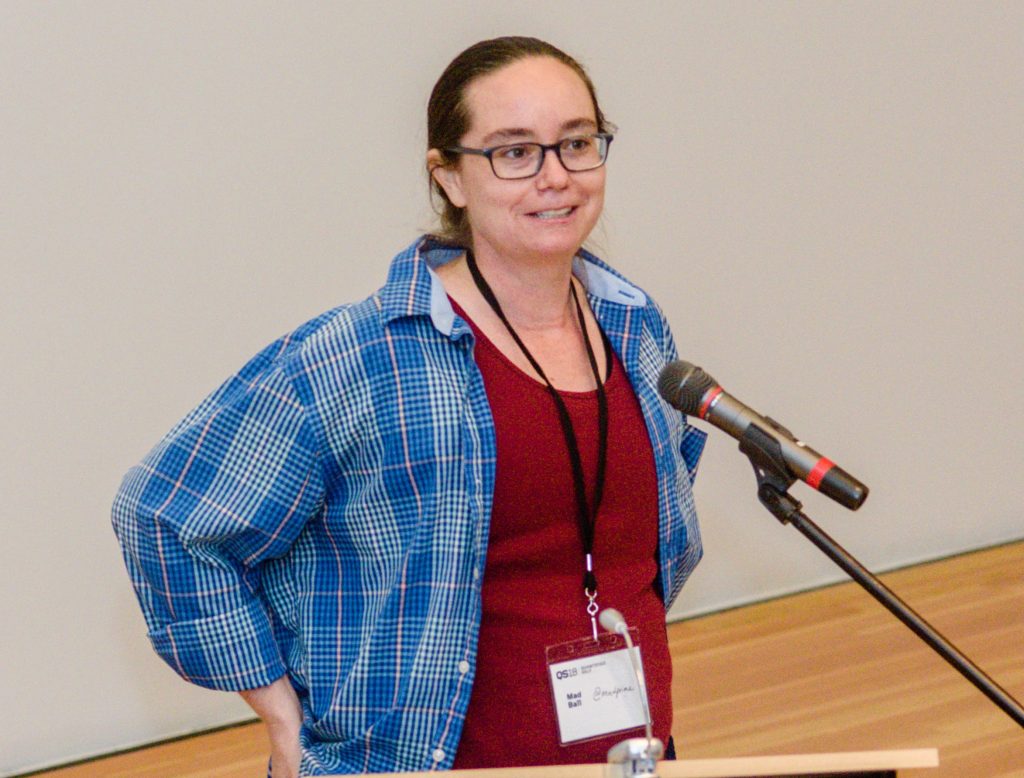CGM Show&Tell June 13 2023
Gary Wolf
June 13, 2023
This page is for notes from the QS Show&Tell of June 23, 2023. You can continue the discussion here: QS Forum Thread About the CGM Show&Tell Talks Zoom recording of the full session is here: QS Show&Tell Talks 6.13.23 You can view slides and find out more about the presenters below. Sara Riggare: Moderator Gary…



